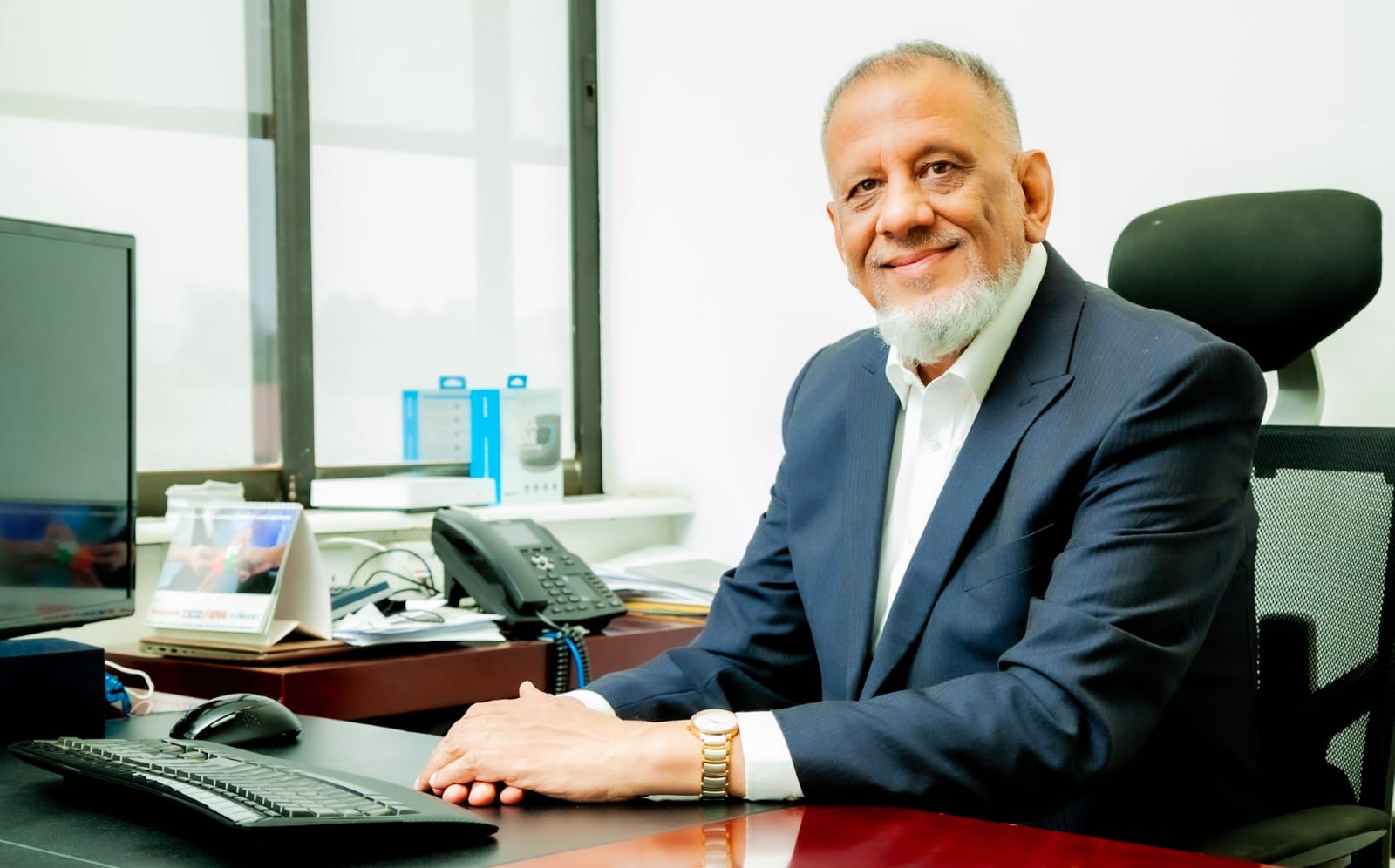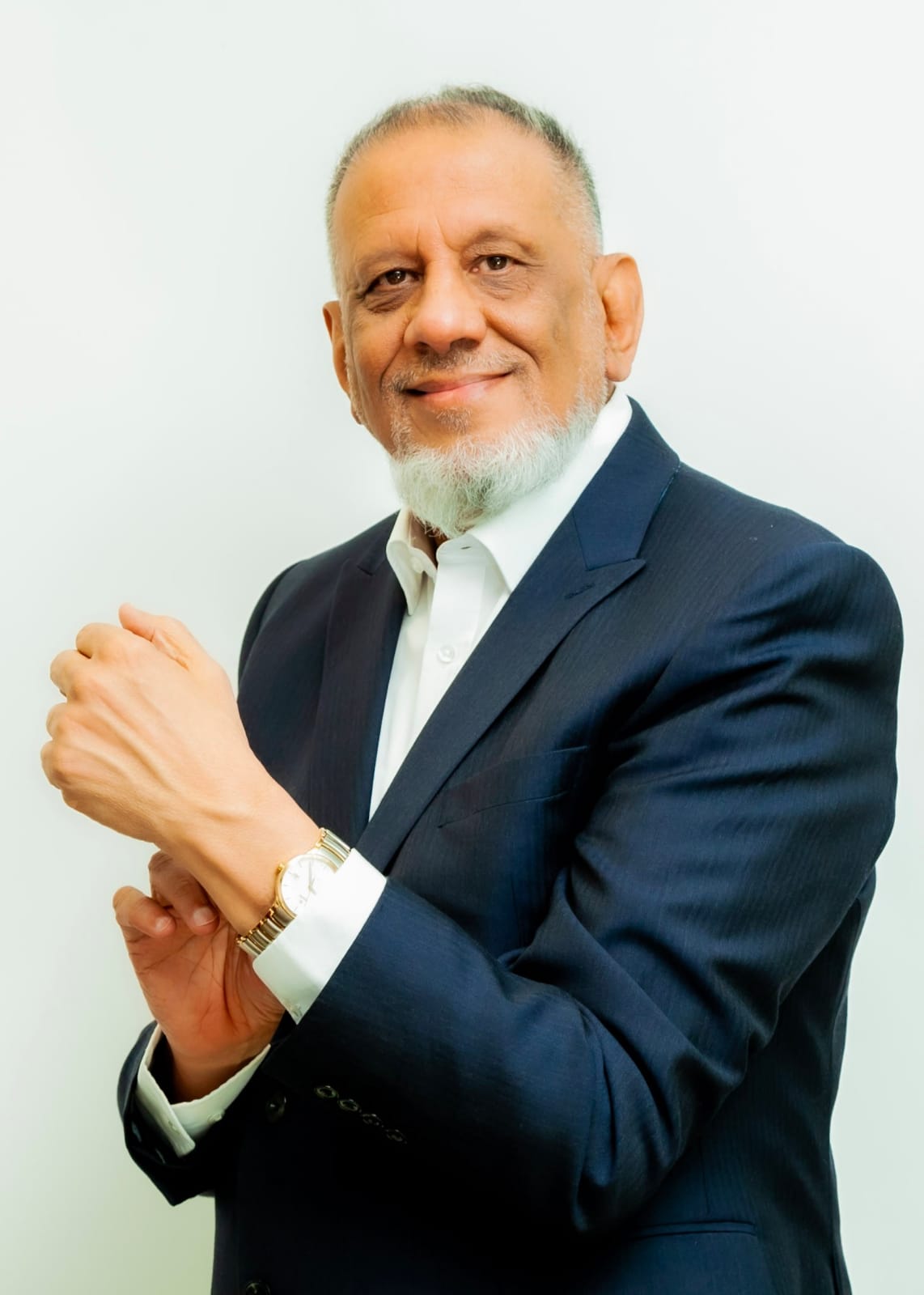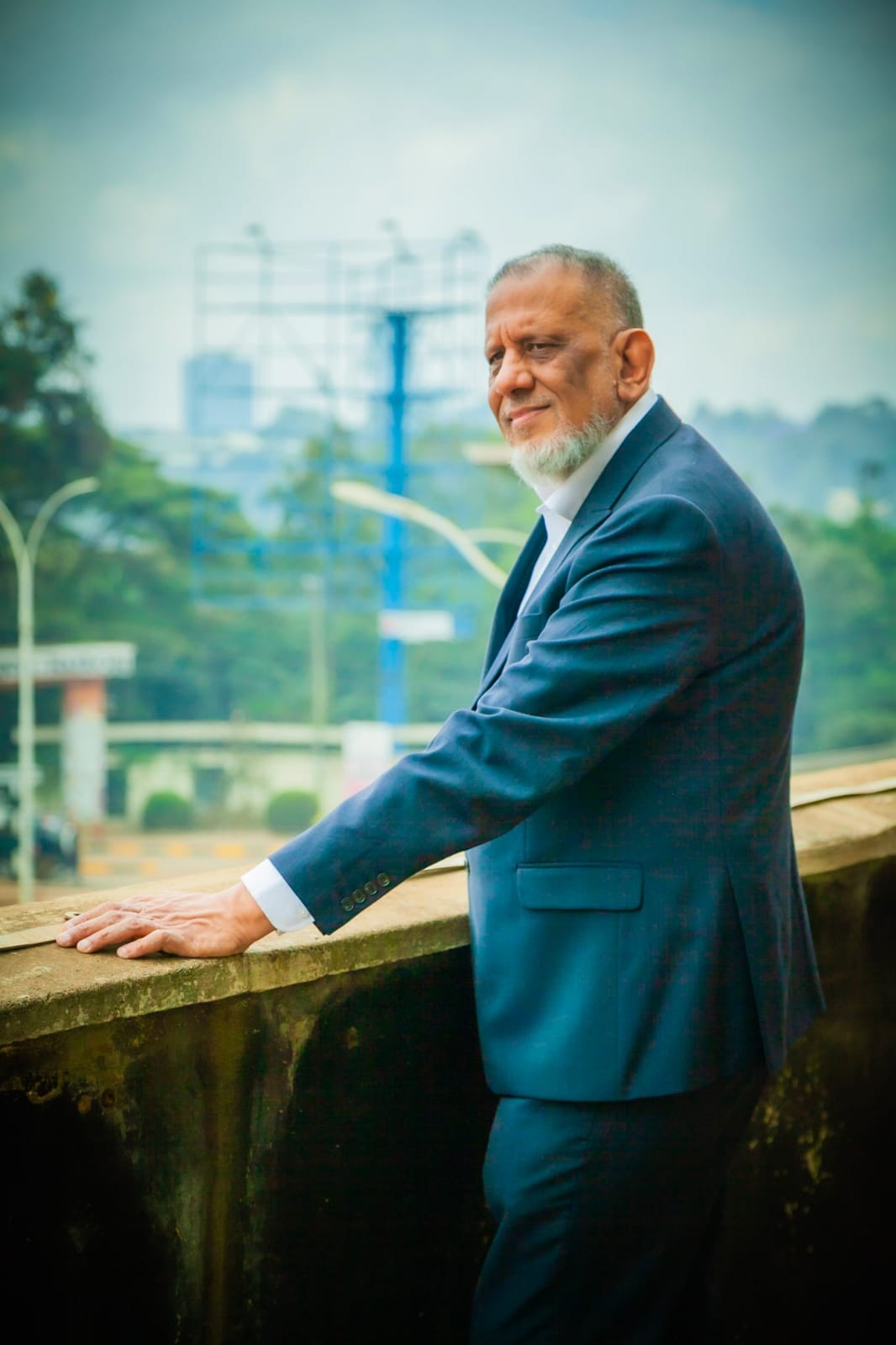advertisement
CLC Africa Sponsors Africa CIO100 Symposium & Awards 2021

Aunally Maloo is no stranger to CIO Africa. So when CLC Learning Africa chose to partner with CIO Africa for our annual Africa CIO100 Symposium and Awards, it was no surprise that their footprint, like ours, want to traverse the continent in all its glory. This is the kind of partnership that brings with it not just exposure, but it also solidifies an existing relationship.
This interview has been edited and condensed for the site.
What is Mart and what is CLC and how do they come together?
advertisement
Both Mart & CLC are 27-year-old companies. Mart is about network distribution. CLC exists because I needed skills in IT, so I opened a computer learning centre for continuing learning in Kenya. CLC is a sister company. She helps us train people in newer technologies while moving away from mainframes minis into more current technologies. CLC is now a separate entity within the group.
Are you a teacher?
I used to be a teacher in the beginning. When we started out, we wanted to make sure to get it right. I come from an IT background and brought in a lot of my experience. Then as we grew, we brought in dedicated staff to carry on with the training. After 27 years we are now in East Africa and West Africa. We have quite a big footprint. We want to be known as the leading provider on the continent.
advertisement
Is there a difference in training when it comes to East Africa and West Africa?
When you look at technologies and the courses, I think they are the same. The content, the people and the requirements are the same. We started late in Nigeria, but the market is bigger than Kenya. We recently opened a chapter in Ethiopia. I think it is going to be a very important market for us. As for West Africa, sometimes, they speak more of pidgin English. The trainers are now used to that. The only distinction is the time difference between East Africa and West Africa. We have to adjust to the timings.

advertisement
Why would you leave employment to start a business?
When I graduated from the UK and came back home, I had this desire in me to start something of my own. But, I realised you need capital, and you also need knowledge. Most of the organisations I worked for before I struck out on my own gave me good exposure to networking. That’s where I spent most of my time. That helped me understand what is required in Kenya with regard to new technologies. And then I decided after so many years of working, to take the plunge. The good thing is when I left, my employers were my first customers.
That’s pretty good.
Yes. You know they say when you leave, leave very cordially. I had gotten a lot of experience. I was the IT manager. I had worked for large corporates. The experience has been very diverse. In my time, we had mainframes then we moved to minis. With that experience, it has helped me transform into what the current technology is.
How do you stay abreast of new technologies?
What we have done at CLC for the last 7 years is that we have had a complete transformation in the training we offer. We work with the top vendors in the industry. We are a training centre with the likes of Microsoft, Cisco, Fortinet, Palo Alto. We also work with the leading vendors in security as it is now the key thing in IT. Of course, everybody talks about cloud, so we partnered with leading vendors such as AWS, Oracle, Microsoft Azure and Google Cloud.
The next thing is digital transformation such as IoT, blockchain and AI. We have realigned ourselves to the technologies people are looking at in both the private and public sectors. We want to make sure we can offer the latest IT training.
Where do you get the teachers from?
The vendors from who we need authorisation, have a very strict policy for certifications. When you become a new vendor, you have to go through an onboarding process. Before COVID-19, one would need to send a trainer to the UK, US, South Africa or Dubai. Now, most of the recent certifications achieved have been virtual. We normally have that onboarding process which starts when the trainer passes. The second phase is training the trainers. They need to deliver content before they are marked. Currently, the pass mark is very high. Most of the certificates and tests amount to 80 per cent. You either know it, or you don’t. The standards are very high. The other advantage is, all trainers who are certified will still qualify when they are assessed by vendors on the same scale. What is learnt in the US through Fortinet, is what will be learnt with our trainers here. I believe in local talent. We have been in this business for 27 years. All our trainers and staff are locals.

What have you learnt in the 27 years you have been handling CLC?
People have diverse needs. The private sector is very organised with regards to the technologies they are installing. It is very structured. Now, if you look at any large corporation, they have people handling different aspects of tech. The specialisation within companies has also really spread. We don’t have IT departments with two or three people. Companies are coming up with structured training for their staff and all managers.
Do you have partnerships with different organisations, or do you take walk-ins?
From the very beginning, we realised we could not have walk-ins. We tried it though, and we were not successful. I don’t know if it was the location or the people. They associated us with Mart as watu wa network training. We never managed to get into the space where other IT colleges did – those who got a lot of foot traffic. So we figured, why not be different? We could focus on specialised training because, before CLC, most companies would go abroad for specialised training. Now they come to us. Now that it is virtual, it is even easier. And when you look at the public sector, they are investing quite a lot in training. They are trying to digitise.
I was in fact about to ask if you work with the public sector.
We work with ICT Authority, leading parastatals, government entities; they are looking at all the solutions we offer. If you go to KRA, they don’t have stacks of files. Just a small notebook. The whole process has been digitised. There is change when it comes to making processes and essential services for the citizens easier.
Do you think a CIO can be self-taught?
What we have seen is people are opting for e-learning as a refresher course. They come to us for courses approved by the vendors. They will also refresh their knowledge with e-learning before they sit for exams. E-leaning has not caught up for a lot of individuals, but it has for corporates. They find it is cheaper to have an internal learning system in the cloud than to have it physically in a tangible space. Any country with a good internet connection will have e-learning, and our internet has played a major role.
What do you think you can teach the current crop of CIOs?
What they need to do is look at digitising and automation. This way, they can concentrate on their core business while the IT part runs smoothly. That makes IT just another service like electricity and water. CIOs need to take advantage of the latest technologies.
What do you think the next-gen CIOs can learn from you?
The young generation needs to be focused on what they want to do and decide which specialisation they ought to go into. If they think they want to be a guru in say cybersecurity or cloud, they can focus on there. Also important is passion. Do whatever you are passionate about. There is no use being a nurse if you don’t like patients. You will not enjoy your work. Automatically, when you wake up every day, you will find you want to do this. When we started, we did not have capital and of course, experience. Now when you look at the young generation, they are always looking for investors for their start-up capital. If you want to go in a big way, then by all means. But if you want to start small and build your capital, that works too. But I would advise building up experience and savings, then building a start-up. It is much easier to start now than when I did because the technology is easier, there is more capital, and you could be offering solutions that do not require a physical space.
Who makes a good CIO? A generalist or a specialist?
It depends on the type of company. At the senior-most level, you need to know all the different technologies. Not deeply, going into bits and bytes, but enough. If you are a line manager for a particular technology, then you need to be a guru with your speciality.